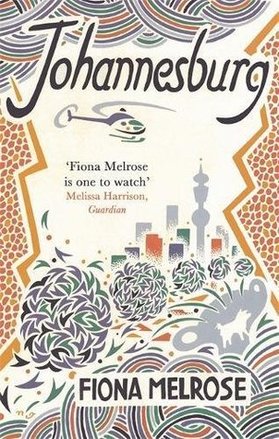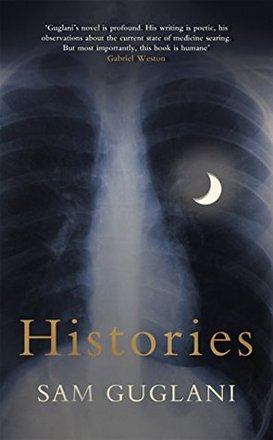Johannesburg by Fiona Melrose
When I realised the novel was a homage to Virginia Woolf’s Mrs Dalloway, I wondered if this would prove a distraction. In lesser hands it might have been, but I found it a sheer delight. The beautiful prose and excellent characterisation would make this a gripping story even without the literary allusions – some of which, it being a few years since I read Mrs Dalloway, I’m sure I missed – but with them, the novel is raised to another level, and one can’t not admire the author’s skill.
What made it work so well for me was the socio-politics of contemporary South Africa, as the baton of oppression is passed from the whites to the blacks. This is particularly well represented in September’s narrative arc: after being badly injured and horribly disfigured when police and/or security guards opened fire on a group of striking miners, he has kept up a solitary protest at the offices of the mining company (where Peter is employed), continually ignored until the moment he isn’t. On the domestic scale, I loved the bonds of mutual disappointment binding mother and daughter, and felt for them both.
Johannesburg is Fiona Melrose’s second novel, following on from Midwinter with its focus on masculinity, which I reviewed earlier this year. Thanks to Corsair for my review copy. Follow the link for two other novels set in South Africa and, because they’re about health care, they segue neatly into my next review.
Histories by Sam Guglani
Narrated in short interlinked chapters from the points of view of doctors, nurses, patients and ancillary staff, Histories is a thoughtful and thought-provoking meditation on the business of healing, or otherwise. In fitting with the author’s background as a consultant oncologist, the emphasis is on the medics, from medical student to consultants across different specialisms. But that doesn’t mean Sam Guglani gives the doctors an easy ride. Far from it: often fearful, emotionally blunted and/or arrogant – the latter quite possibly a defence against the first – there’s a suggestion that, in saving lives, they miss the point. The vibrancy of patients and themselves. The lower orders – particularly the hospital porter and the cleaner – are perhaps idealised, although it’s a valid point that those who aren’t actually employed to be empathic sometimes manage more compassion than those who are. Although almost all the characters are more self-reflective than they might be in real life, together they build a credible picture of the conflicts within the system that are so hard to overcome when it’s in everyone’s interest to turn a blind eye. Thanks to Riverrun for my review copy.
Follow the link for my reviews of two other novels set against the backdrop of the NHS. For a theoretical, but highly accessible, perspective on the psychodynamics of healthcare, Observing Organisations, is worth your time – the price seems to have escalated since it was first published, so borrow it from the library!























 RSS Feed
RSS Feed





















